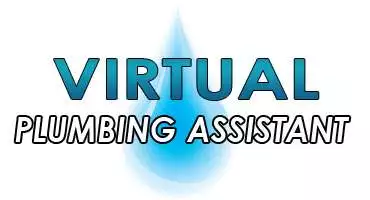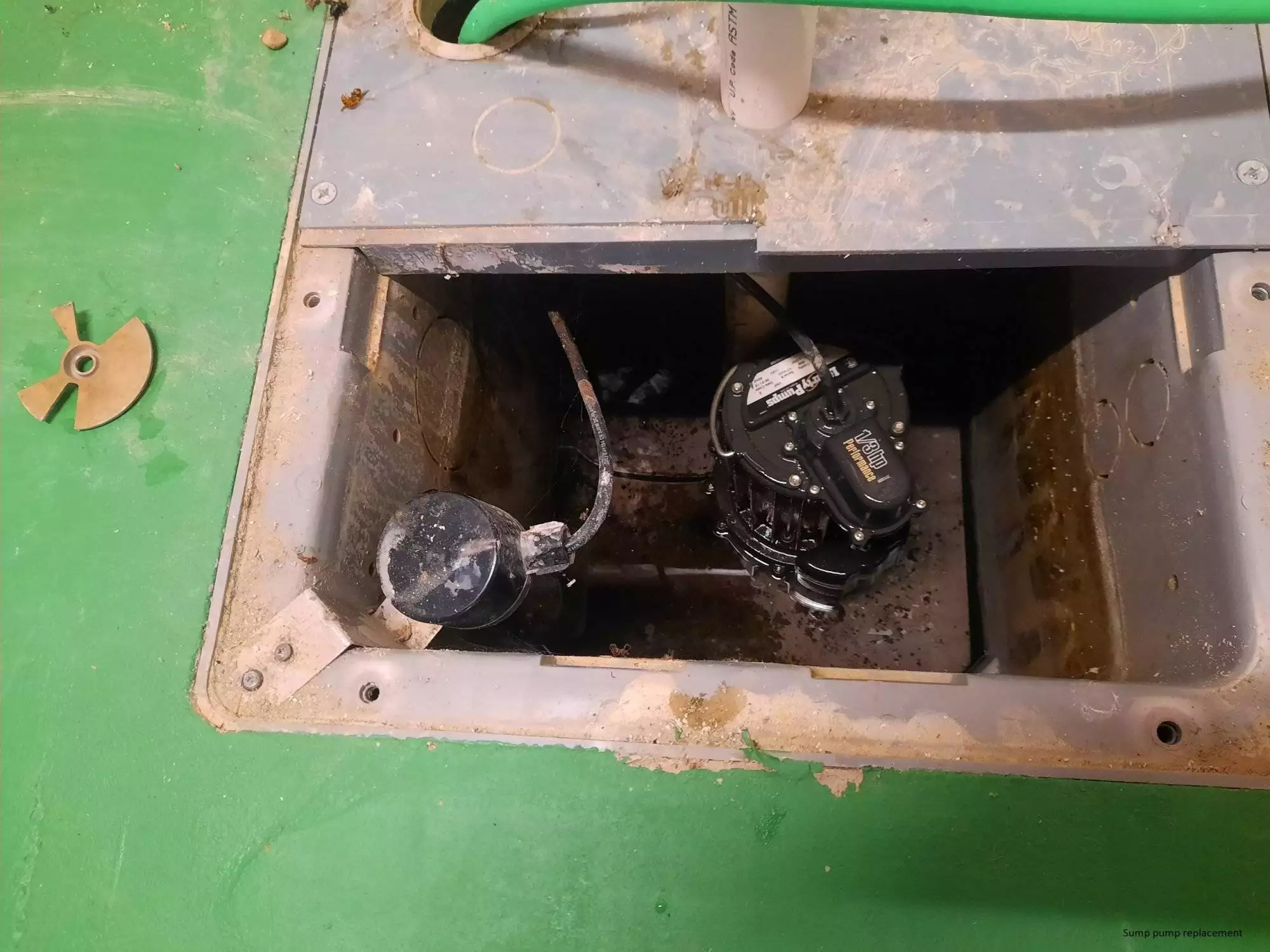As a homeowner, you’ll inevitably encounter plumbing issues at some point. From leaky faucets to burst pipes, these problems can range from minor annoyances to full-blown emergencies. When faced with a plumbing issue, one of the first decisions you’ll need to make is whether to tackle the problem yourself or call in a professional plumber. It’s a decision that can have significant implications for both your wallet and your home’s safety.
In this comprehensive guide, we’ll explore the factors to consider when deciding between DIY plumbing and hiring a professional. We’ll discuss common plumbing issues, potential code violations, and the risks associated with DIY repairs.
When to DIY:
- Minor Leaks and Drips: If you have a minor leak or drip from a faucet or pipe, it’s often possible to fix the problem yourself. Common solutions include tightening fittings, replacing washers, or applying plumber’s tape.
- Clogged Drains: For minor clogs in sinks, showers, or toilets, DIY methods like using a plunger or drain snake can often clear the blockage. However, if the clog persists or is located deep within the plumbing system, it may require professional attention.
- Installing Fixtures: Installing new fixtures like faucets, showerheads, or toilets is a common DIY project for many homeowners. Just be sure to follow manufacturer instructions carefully and shut off the water supply before beginning work.
- Basic Maintenance: Tasks like cleaning aerators, inspecting for leaks, and insulating pipes are all within the realm of DIY maintenance. Regular upkeep can help prevent larger issues down the line.
When to Call a Professional:
- Major Repairs: If you’re dealing with a major plumbing issue such as a burst pipe, extensive water damage, or sewer line problems, it’s best to leave the repairs to the professionals. Attempting to fix these issues yourself could lead to further damage and costly repairs.
- Complex Installations: Installing new plumbing lines, rerouting pipes, or adding fixtures in challenging locations may require professional expertise to ensure proper installation and compliance with building codes.
- Gas Line Work: Any work involving gas lines should be left to licensed professionals due to the potential for serious safety hazards. Improperly installed or repaired gas lines can lead to leaks, fires, or even explosions.
- Plumbing Code Compliance: Certain plumbing tasks, such as installing water heaters or sewage ejector pumps, must comply with local building codes and regulations. A professional plumber will have the knowledge and experience to ensure that your plumbing work meets these standards.
The Dangers of DIY Plumbing:
While DIY plumbing can save you money upfront, it’s essential to recognize the potential risks involved. One of the most significant dangers of DIY plumbing is the risk of causing further damage to your home. A small mistake, such as improperly sealing a pipe or overtightening a fitting, can lead to water leaks, mold growth, and structural damage. Additionally, DIY plumbing work that fails to meet building codes and regulations can result in costly fines or required repairs.
Case Study: The Dangers of DIY
Consider the example of a homeowner who attempts to install a new water heater without proper knowledge or experience. In their eagerness to save money, they overlook critical safety precautions and fail to properly vent the unit. As a result, carbon monoxide gas accumulates in their home, leading to carbon monoxide poisoning and potentially life-threatening consequences. In this scenario, what started as a DIY project quickly turned into a dangerous situation that could have been avoided by hiring a professional plumber.
Conclusion:
Ultimately, the decision to tackle plumbing repairs yourself or hire a professional depends on the nature and complexity of the issue at hand. While DIY plumbing can be a cost-effective solution for minor repairs and maintenance tasks, it’s essential to recognize when a problem requires professional attention. By knowing your limits, understanding local building codes, and prioritizing safety, you can ensure that your plumbing repairs are done right the first time, protecting both your home and your family.
- How To Make the Call: DIY Plumbing vs. Hiring a Professional - April 9, 2024
- How to Get Online Plumbing Advice: A Step-by-Step Guide - March 14, 2024
- Virtual Plumbing Solutions: Comparing JustAnswer.com - February 19, 2024


0 Comments